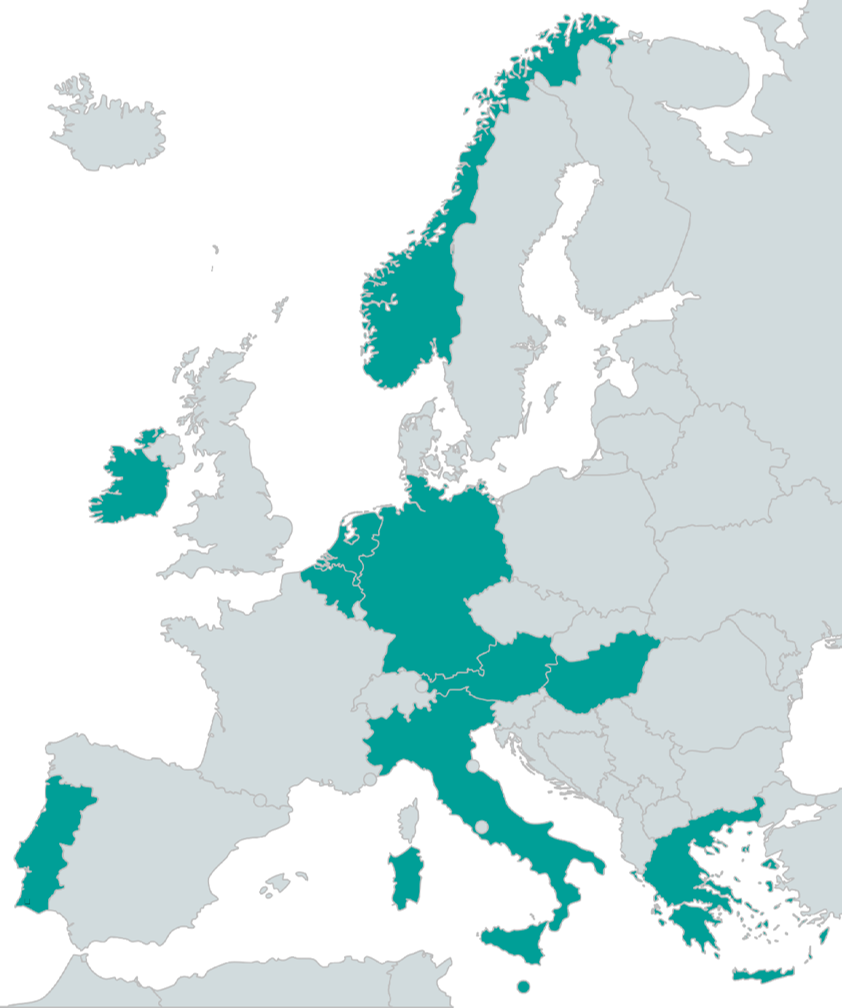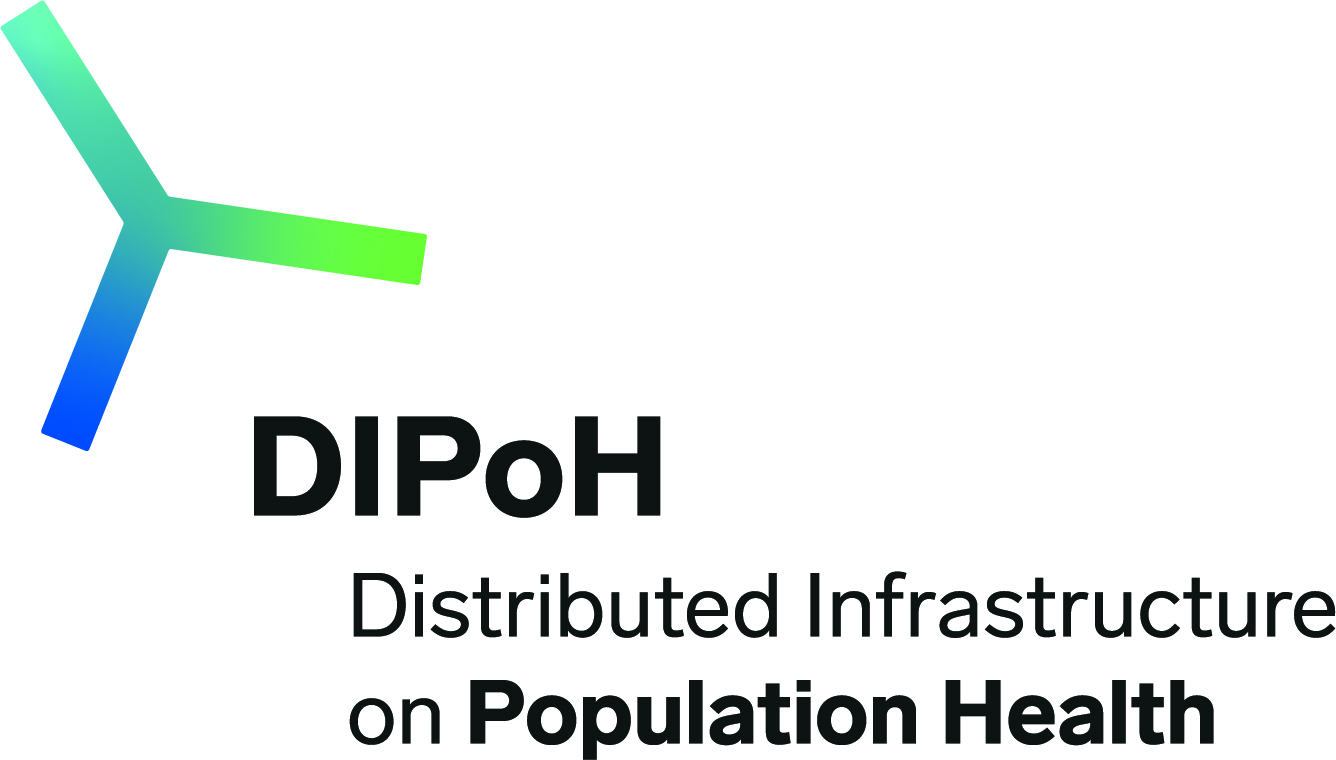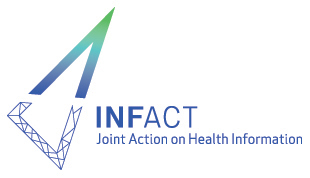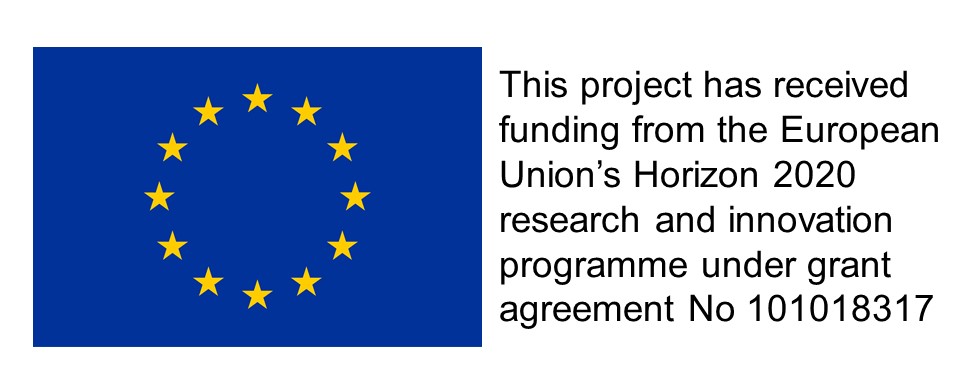When the COVID-19 crisis hit, it showed that a substantial number of European countries had health information systems that were not well equipped to accommodate data and information flows that were needed. To support the efforts to strengthen health systems in Europe and their preparedness, important lessons can be learned and best practices can be put forward to help countries assess their own response to the COVID-19 pandemic. In times of crisis and beyond, the availability and trustworthiness of health information is of great importance.
PHIRI's COVID-19 Health Information System Assessments 2022-2023
PHIRI aims to map the health information systems (HIS) that monitor the effects of COVID-19 on population health, assessing the COVID-19 health information flows in countries through virtual country visits. Virtual country visits are carried out in selected European countries that are part of the PHIRI consortium. After attending a series of workshops, assessors from several countries are performing targeted interviews with key national players that process or govern COVID-19 population health information. The following domains are covered: data collection and data sources, data analysis and data management, development and use of indicators, human and technical resources, knowledge translation, reporting and dissemination.
- Read the official scientific publication: COVID-19 health information system assessments in eight European countries: identified gaps, best practices and recommendations - Miriam Saso et al.
- Download the one-pager on the COVID-19 Health Information System Assessments here
- COVID-19 Health Information System Assessments - Sustainability Plan
Aim of the assessments
The assessments resulted in:
- The identification of strengths and weaknesses of the different data flows across HIS, whilst monitoring the (broader) effects of COVID-19 in the examined countries.
- Provisions of opportunities for other countries to learn from the experiences that will be gained during the assessments, and build on these when assessing their own HIS/ HI data flows.
- Opportunities for engagement and knowledge exchange with national stakeholders and authorities.
- Contribution to capacity building across Europe, which in turn can contribute towards reducing HI inequalities within and between countries.
- The identification of key recommendations for resilient HIS and towards increased preparedness for future crisis.
How are these assessments organised?
An adapted version of the Health Information System assessment tool developed by the WHO Regional Office for Europe, including the add-on module on Infectious Diseases, is used for the assessments. Each assessment includes a preparatory desk report, interviews with national (and regional) stakeholders, a final report including a one-pager describing the COVID-19 HIS for population health in the country, a SWOT analysis and SMART recommendations, and a follow-up stakeholder meeting.
Find the manual for performing these assessments here
Which countries are part of this exercise?
|
The assessments were performed in Austria, Belgium, Italy, Greece, Hungary, Ireland, Malta, the Netherlands, Norway and Portugal
|
 |
Organised events on the assessments
- Online training for assessors and assessed countries
- European Public Health Week May 20 2022 (in collaboration with the TEHDAS Joint Action)
- Midterm project multistakeholder meeting June 23 2022 (in collaboration with the TEHDAS Joint Action)
- Workshop at European Public Health Conference 2022: abstract and slides
- Pitch at the Rapid Exchange Forum Special Edition February 27 2023
- Workshop at the World Congress on Public Health 2023





